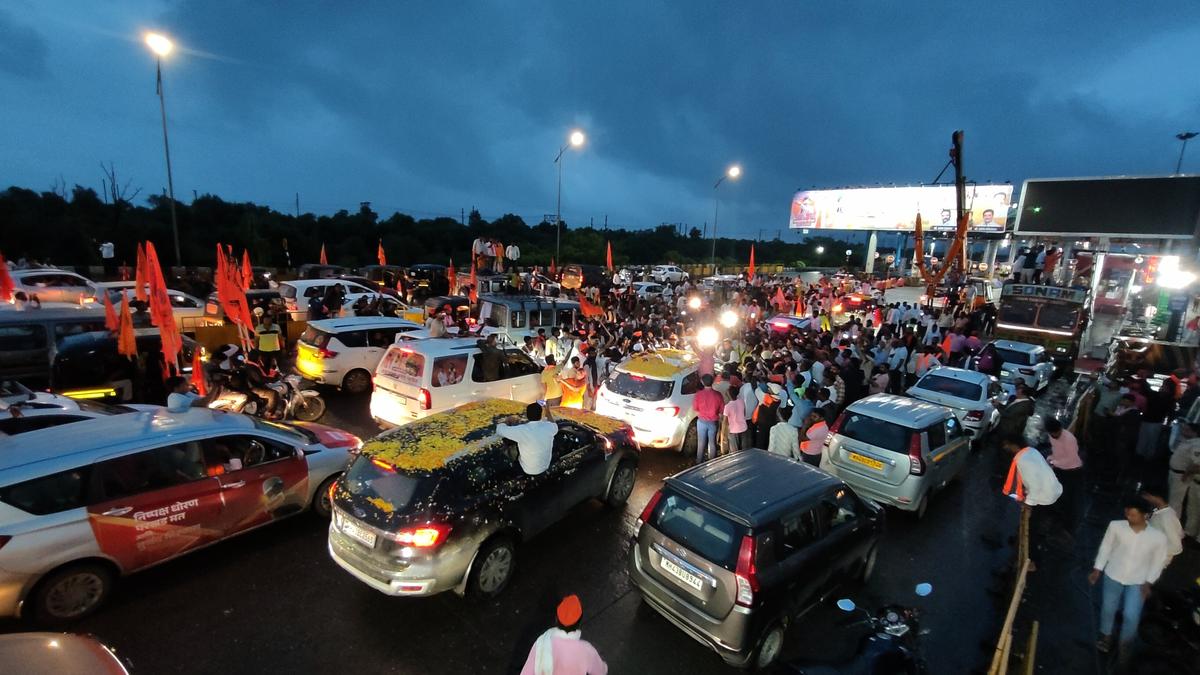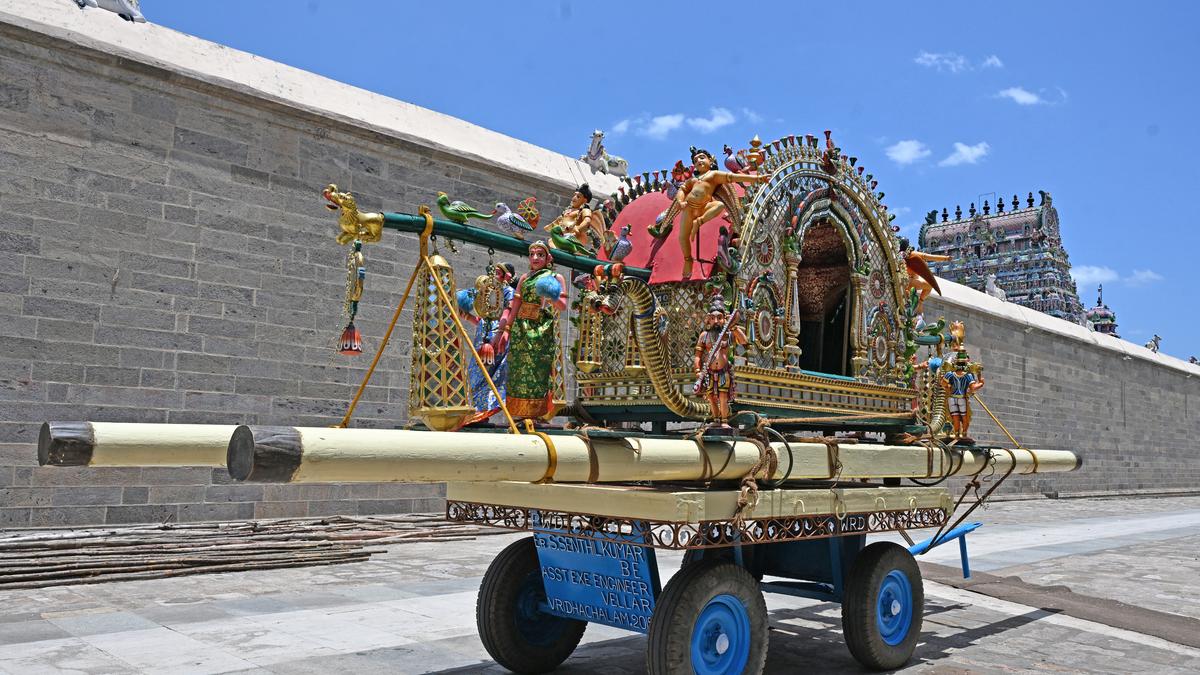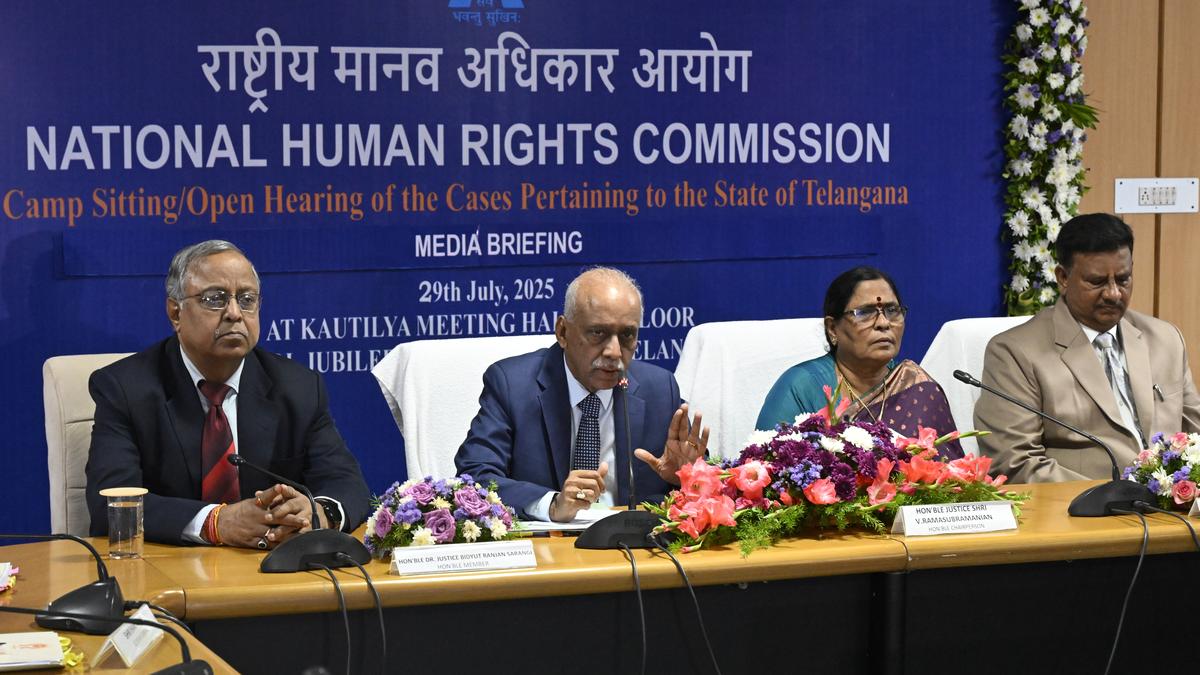Now Reading: Jarange Arrives in Mumbai as Maratha Quota Protest Shuts Key Highways
-
01
Jarange Arrives in Mumbai as Maratha Quota Protest Shuts Key Highways
Jarange Arrives in Mumbai as Maratha Quota Protest Shuts Key Highways

Swift Summary
- Maratha quota activist Manoj Jarange arrived in Mumbai on August 29, 2025, to lead a protest at Azad Maidan.
- Jarange began his march from Antarwali Sarati village in Jalna district on Wednesday, covering over 400 km.
- Teh protest demands a 10% reservation for Marathas under the Other Backward Classes (OBC) category. Specifically, the community seeks recognition as Kunbis to qualify for these benefits.
- Local police allowed the march after imposing conditions to avoid law-and-order issues and disruptions during Ganesh festival celebrations.
- Mumbai Police allowed a peaceful assembly at Azad Maidan from 9 a.m. to 6 p.m.; restrictions include a maximum of five vehicles and up to 5,000 protesters onsite.
- Over 1,500 police personnel have been deployed at Azad Maidan; additional security is arranged at Chhatrapati Shivaji Maharaj Terminus where protesters have congregated.
- Traffic diversions include closures of Eastern Freeway and Sion-Panvel Highway except for emergency vehicles from Friday morning onwards.
Indian Opinion Analysis
The Maratha quota agitation underscores india’s complex challenge of balancing caste-based reservations with broader societal equity. Manoj Jarange’s demand for reclassification of all Marathas as Kunbis within the OBC category raises critically important administrative questions about how historical identities are reconciled with modern social policies.
The peaceful nature promoted by Jarange ensures that such protests align with democratic ideals while minimizing disruptions during cultural events like Ganesh Chaturthi. However, large-scale mobilization and associated traffic diversions illustrate logistical hurdles for urban areas managing such gatherings.
Policymakers face increasing pressure when communities seek expansions or redistributions within the reservation framework-a sensitive issue given its socio-political implications across states like Maharashtra. Enduring solutions may require inclusive dialogues between state authorities and affected communities while safeguarding existing policies’ integrity.Read more: Link























